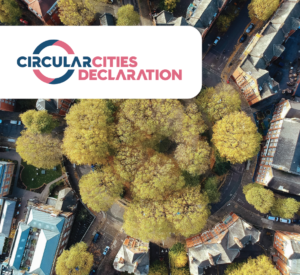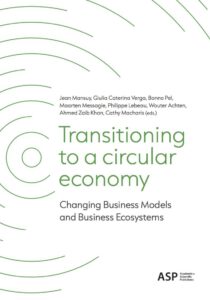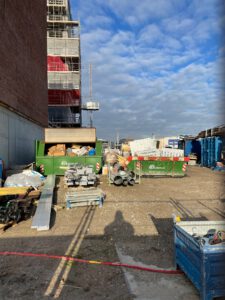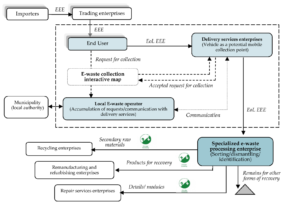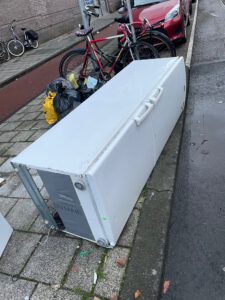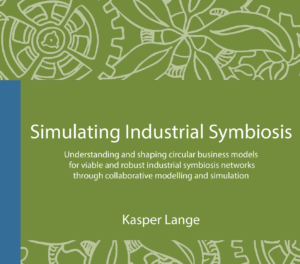Waste statistics data for urban circular logistics
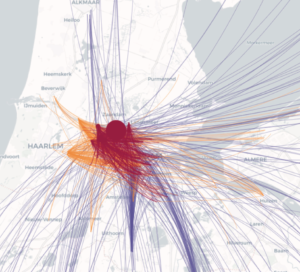
As appointed in the EU Circular Economy Action Plan, cities and regions in EU member countries start accompanying their circular economy strategies by monitoring frameworks, often called Circular Economy Monitors (CEM). Having the task to assess the performance towards the achievement of set targets and steer decision-making, CEMs need to rely on many statistics and datasets. Waste …

